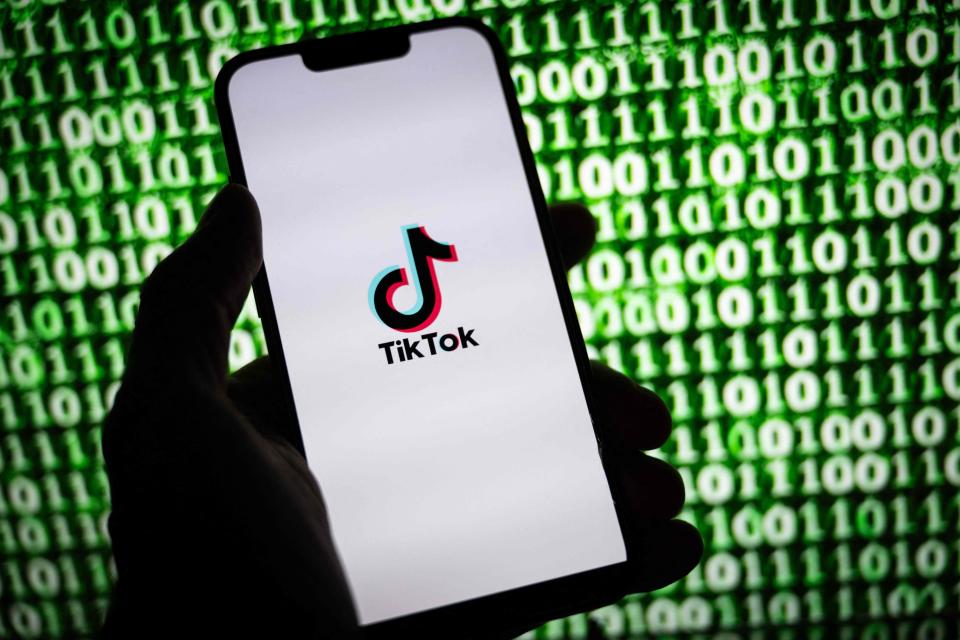Trying to ban social media? Try to understand it instead — like we in NJ do
In January, we heard a lot about social media, when CEOs Mark Zuckerberg of Meta, Linda Yaccarino from X and Shou Zi Chew from TikTok testified in front of Congress. We heard a lot about the social ills of social media, and the need to ban or block Americans from using it. But we in New Jersey should be thinking about how to understand it instead.
Both Republicans and Democrats across the country have been talking about banning social media, particularly TikTok — and throwing some wild claims around. In December, Republican Presidential hopeful Nikki Haley called for a TikTok ban at the GOP debate in Tuscaloosa, Alabama, saying, “for every 30 minutes that someone watches TikTok, every day, they become 17% more antisemitic, more pro-Hamas based on doing that.” The media did a dogpile on top of that, even though, let’s be real — it doesn’t take a Nobel Prize in statistics to show just how silly this conclusion was.

It's not just presidential candidates calling for bans
But it’s not just candidates in the heat of elections who are twisting themselves — and the truth — into knots. Throughout his career, our own Rep. Josh Gottheimer has been a valuable ally on reproductive health, childcare affordability and transportation issues. But even Gottheimer has bought into the frenzy, calling for legislation that would give the President the power to ban TikTok in the U.S., branding the app and the Chinese government “a threat to America’s national security and children.”
Gottheimer and Haley aren’t alone among the political class who are pushing this call to ban TikTok — it’s happening with elected officials everywhere. For some it’s an exercise in bashing China as the new boogeyman intent on scooping up our data. For others, it’s about not fully getting this newfangled technology, with members of congress asking questions about whether TikTok can “connect to Wi-Fi” or “track the dilation of our pupils.”
But the reality is that social media, for all its supposed dangers, is an inescapable part of America’s largest emerging electorate — Gen Z, who some might call the “TikTok Generation.” According to Measure Protocol, 83% of Gen Z uses TikTok, a stark contrast to their usage of other sources such as cable news (15%), radio news (15%) or newspapers (6%). As a millenial who works closely with dozens of Gen Zers every day, this isn’t a big surprise. Virtually all the young people I work with in my role engaging communities and teaching students at Rutgers University are on TikTok, using it for everything from entertainment and education to organizing and activism. Trust me when I say that in my circles, if you aren’t tuned in to TikTok, you aren’t tuned in, period.
But it’s especially true for marginalized groups like people of color and the LGBTQ+ community. For people of color in New Jersey, or the LGBTQ+ community, the disabled community, or others who have been mistreated in some facet of their lives — social media provides an outlet for creativity, art and economic mobility, particularly in a world that makes these types of opportunities otherwise inaccessible. Being an influencer isn’t just an outlet for expression — it’s a job and way to make a living, period.
But even deeper than that, social media for us is a way to find community, love and acceptance and information online when the world feels like it’s against us. I’ve worked with Black, brown and LGBTQ New Jersey residentss my whole career, and for those of us who face discrimination, segregation and rejection in real life know the truth — social media like TikTok gives us a powerful sense of belonging online that’s hard to find in the day-to-day.
Opinion: Can the First Amendment bend to help teens fixated on social media?
A victory for New Jersey
This is why New Jersey’s bravest social justice organizations — like Garden State Equality, Planned Parenthood of New Jersey, the ACLU of New Jersey and others — just defeated an anti-social media bill in the New Jersey Legislature. The reality is that these groups know that social media — and yes, TikTok — are the most important ways to reach out to these communities, such as queer youth looking for help on how they can talk with their parents about their sexuality, or Black youth facing racial bullying in school.
So Josh, Nikki and others — I ask that rather than advocating for bans, let's encourage a more informed and thoughtful approach. Instead of engaging in cheap politics, let's foster meaningful connections and engage in real conversations. Start thinking about how to meaningfully connect with our communities. We’ll be ready for some real talk on TikTok — and more.
Kareem Willis serves as the founder and chief consultant at Radically Uncommon Consulting, a New Jersey-based firm dedicated to collaborating with social justice entities to prioritize equity and justice in their initiatives.
This article originally appeared on NorthJersey.com: TikTok bans: NJ's rejection of social media bans teaches us
